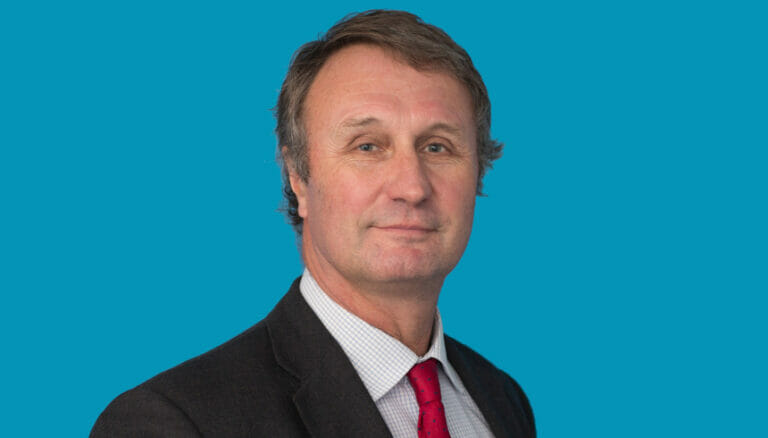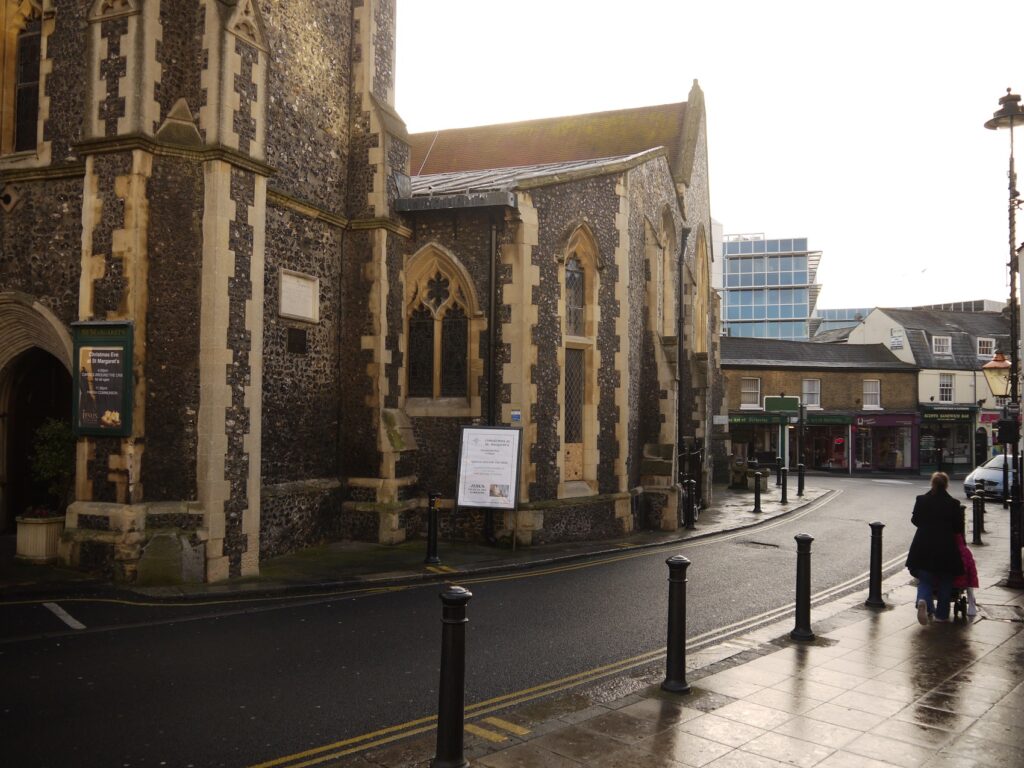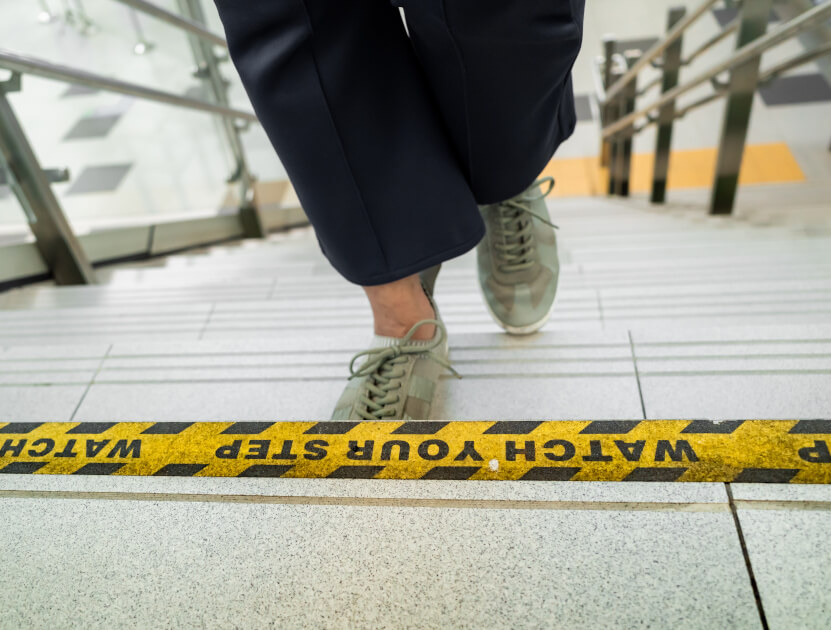Andrew began his post-graduate academic career studying the rocks and sediments left behind in East Greenland and other parts of the Arctic by one of the world’s deepest glaciations. After achieving his doctorate, he joined the British Antarctic Survey, with which he completed two field seasons in the spectacular mountains of Alexander Island on the Antarctic Peninsula. He studied rocks that formed at a time when there were no glaciers or ice caps anywhere in the world. These studies left him with a lifelong interest in climate change.
In 1992 Andrew joined Hawkins where he trained in the investigation of fires and explosions, a discipline in which he has worked ever since.
Andrew also introduced Hawkins to forensic geology and carries out small, but significant numbers of investigations relating to geology. These include the deterioration of natural building materials, failures in quarries and mines, and the use of rocks and soil in the identification of fraud.
On the criminal side, Andrew has now conducted numerous geological investigations into serious crimes, the most high-profile example being the Soham murder enquiry. He used soil and rock evidence to show that Ian Huntley had driven his car on the remote track where the bodies of Holly Wells and Jessica Chapman were found. He was also deeply involved in the release and subsequent acquittal at re-trial of Barri White and Keith Hyatt, who had been wrongly convicted for the murder of Rachel Manning.
Andrew became a Director of Hawkins in 2006 and the Managing Director from 2013 to 2022. Having stepped back as Managing Director to make way for new talent, Andrew remains an instrumental part of the business and is based in the Cambridge office.






